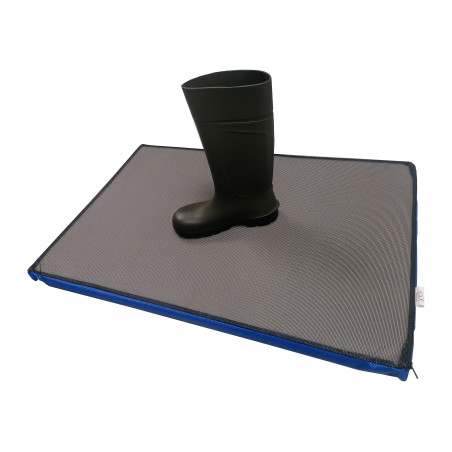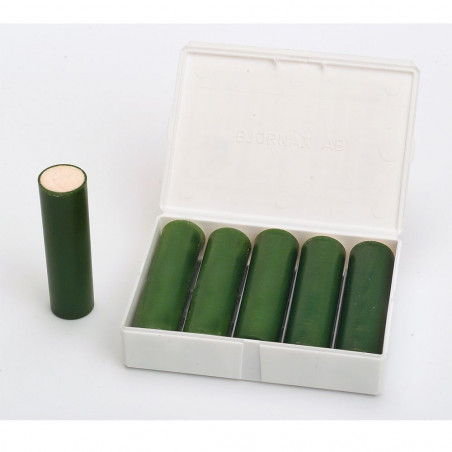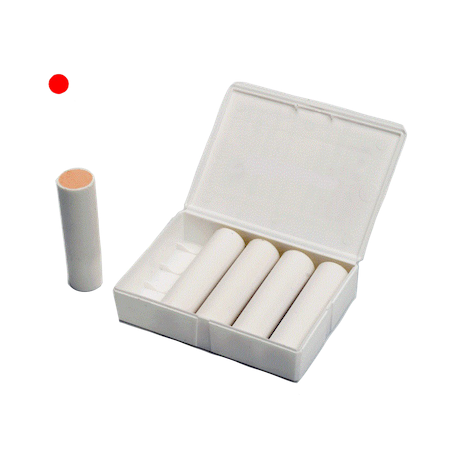The time-dependent transmission rate of PRRSV and the correlation between infectiousness and virological parameters and antibody responses of the infected pigs were studied in experimental conditions.
Seven successive transmission trials involving a total of 77 specific pathogen-free piglets were carried out from 7 to 63 days post inoculation (DPI). A semi-quantitative RT-PCR was developed to assess in inoculated and contact pigs, the evolution of the viral genome load in blood and from nasal swabs with time.

Virus genome in blood was detectable in inoculated pigs from 7 to 77 DPI, whereas the viral shedding was detectable from nasal swabs from 2 to 48 DPI. The infectiousness of inoculated pigs, assessed from the frequency of occurrence of infected pigs in susceptible groups in each contact trial, increased from 7 to 14 DPI and then decreased slowly until 42 days post infection (3, 7, 2, 1 and 0 pigs infected at 7, 14, 21, 28 and 42 DPI, respectively). Using those data, the time-dependent infectiousness was modelled by a lognormal-like function with a latency period of 1 day and led to an estimated basic reproduction ratio, R0 of 2.6 [1.8, 3.3].
The evolution of infectiousness was mainly correlated with the course of viral genome load in blood whereas the decreasing part of the infectiousness was strongly related to the rise of total antibodies.
C. Charpin, S. Mahe, A. Keranflec?h, F. Madec, C. Belloc, R. Cariolet, M.-F. Le Potier, N. Rose. Estimation du potentiel infectieux en fonction du temps de porcs infectés par le virus du Syndrome Dysgénésique et Respiratoire Porcin (SDRP) : Corrélation avec les charges génomiques virales dans le sang, dans le mucus nasal et la réponse immunitaire humorale. 2012. Journées Recherche Porcine, 44, 67-72.









